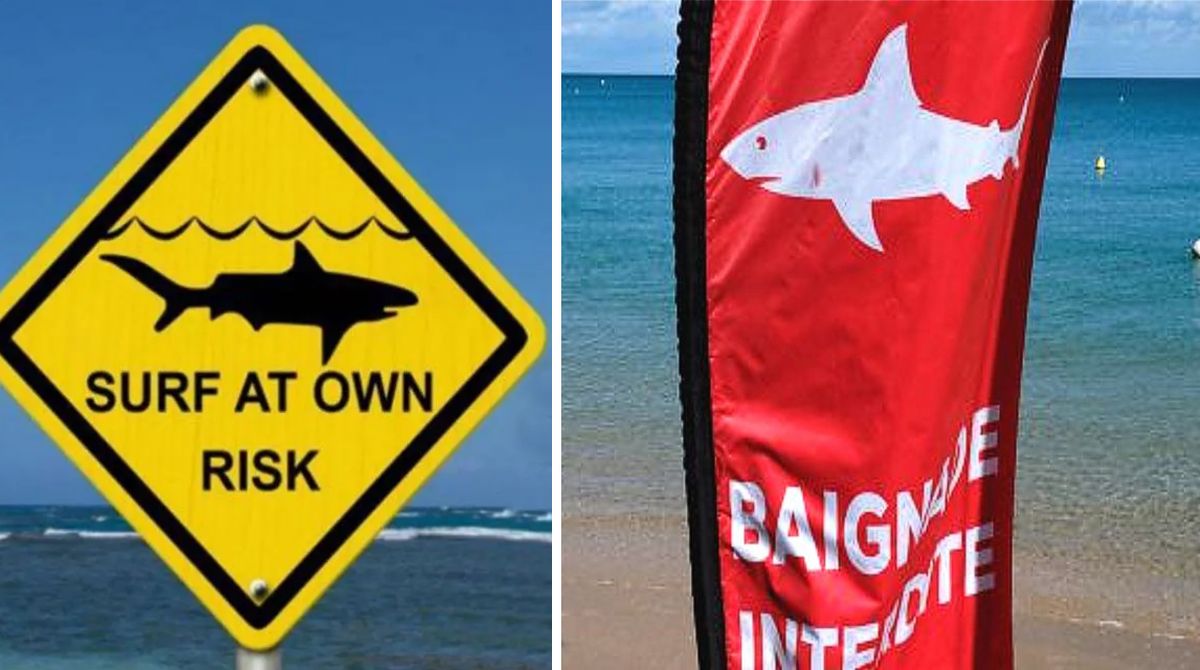The beaches of Hurghada remain closed after the incident with a Russian tourist, while experts give not-too-optimistic forecasts: it turns out that the risk of shark attacks on tourists will last the entire summer season. At least this is what biologists say, who told when sharks attack and called the most dangerous period for tourists in Hurghada and Sharm el-Sheikh.
It will be recalled that on Friday, after the shark attack on a Russian tourist on Thursday, the beaches in the most popular resort region of Egypt were completely closed: we are talking about the resorts of Hurghada from the north – starting from El-Huna, to the south – almost to Safaga itself.
“The competent authorities of the Red Sea will start implementing the decision of Major General Amr Hanafi, the governor of the Red Sea, to close the area stretching from the El Gouna area in the north to the Abu Souma Bay in the south,” Egyptian media reported. Among them, sea excursions, diving, snorkeling, fishing, etc. will be prohibited. Different sources determine the duration of the ban in different ways, from two to one week — that is, until June 15.
However, experts assure that the risk of a shark attack will remain at least until August. The reason is biology. As explained by Dr. Mahmoud Abdel-Radi, a professor of the marine environment at the National Institute of Marine Sciences in the Red Sea, the type of shark that attacked Thurst belongs to the infamous type of tiger shark that often attacks swimmers and divers. They live where the currents are quite warm, and even when the water warms up, sharks swim in shallow water. The main reason is to protect the cubs from being eaten by male sharks. At the same time, the dangerous season begins in May – when sharks are looking for a safe place and are aggressive – and lasts until August.
However, researchers are busy searching for ways to, on the one hand, protect tourists and, on the other hand, not spoil the summer season, which promised to be promising, with closed beaches. Including, it is planned to create a special service for monitoring sharks, as well as to limit the depth of diving.

